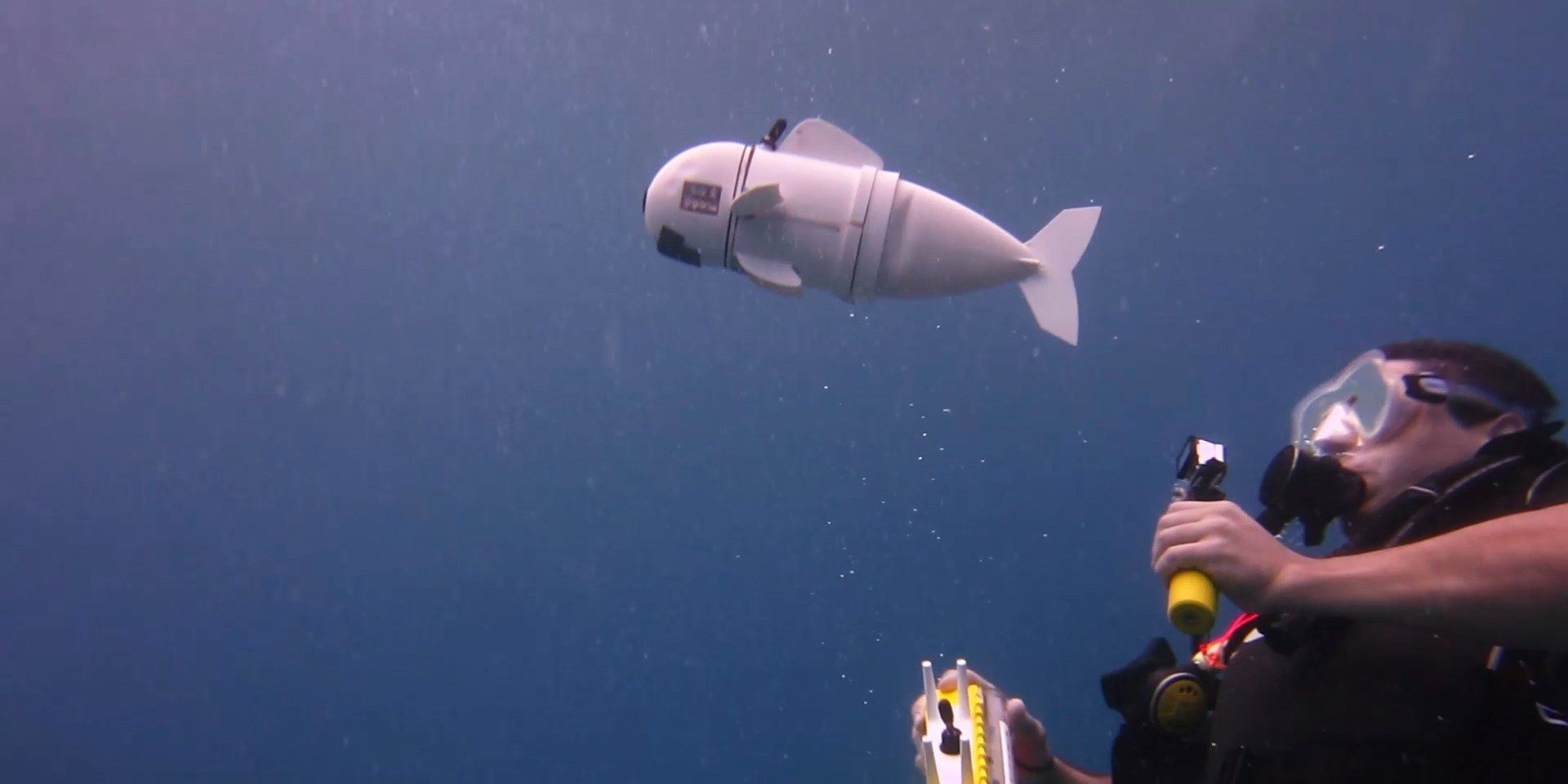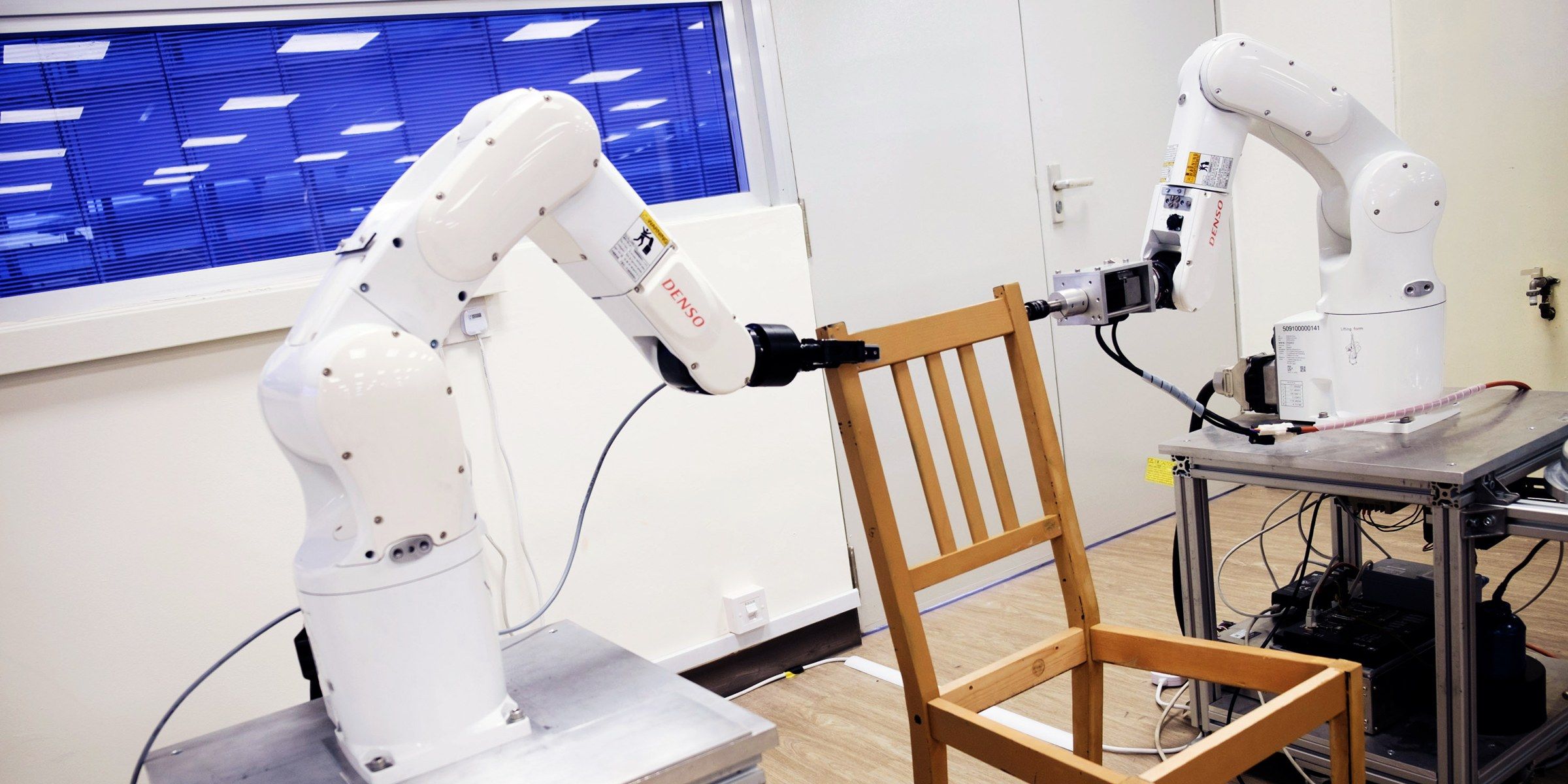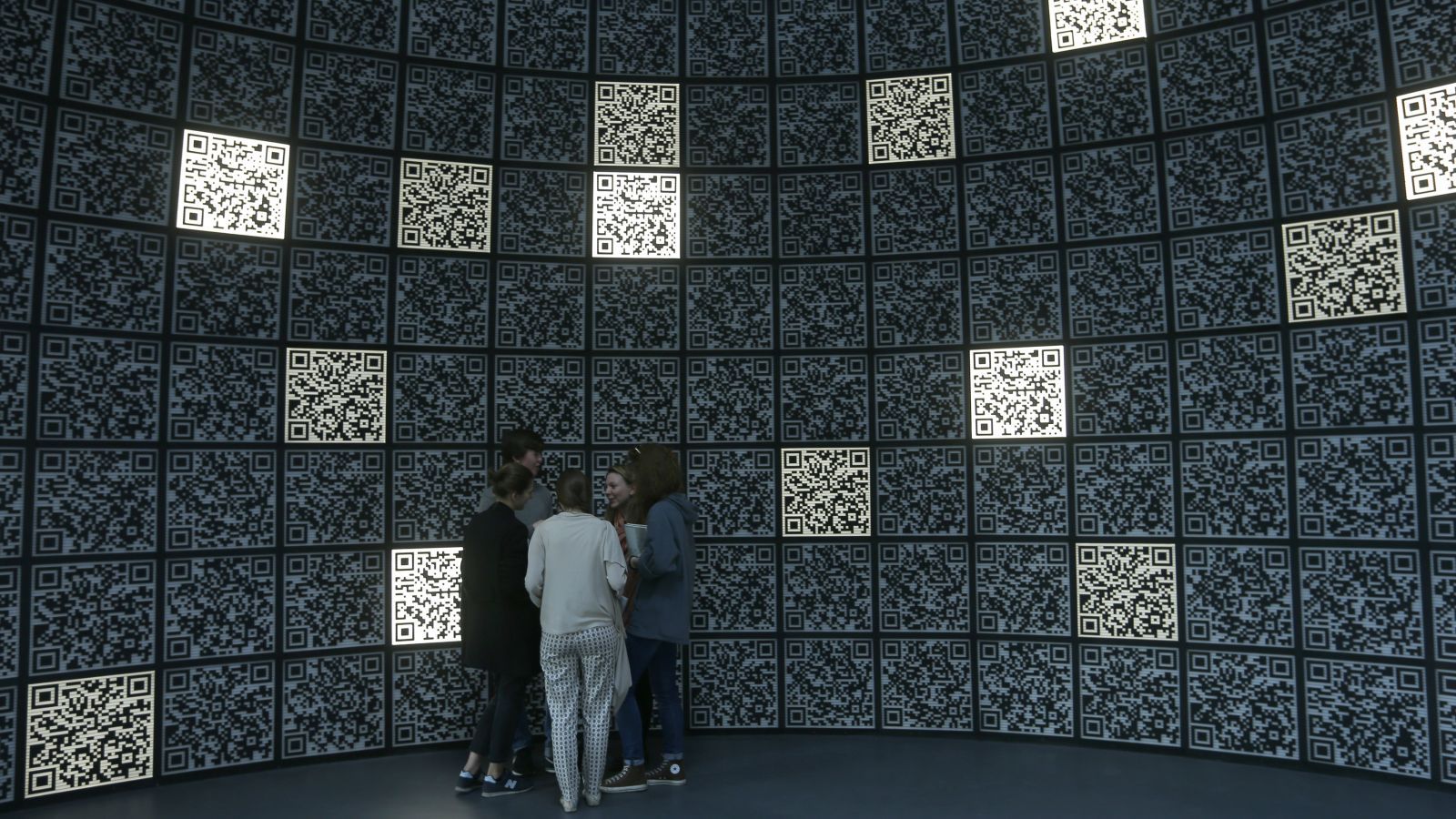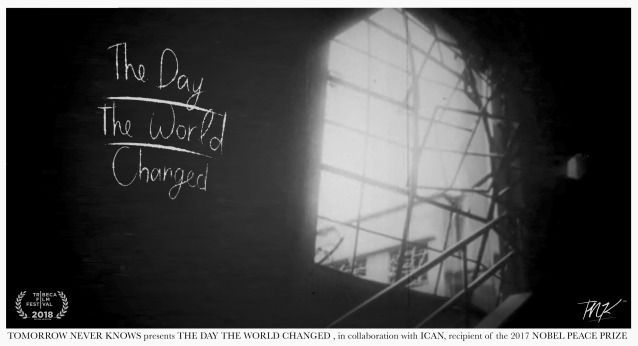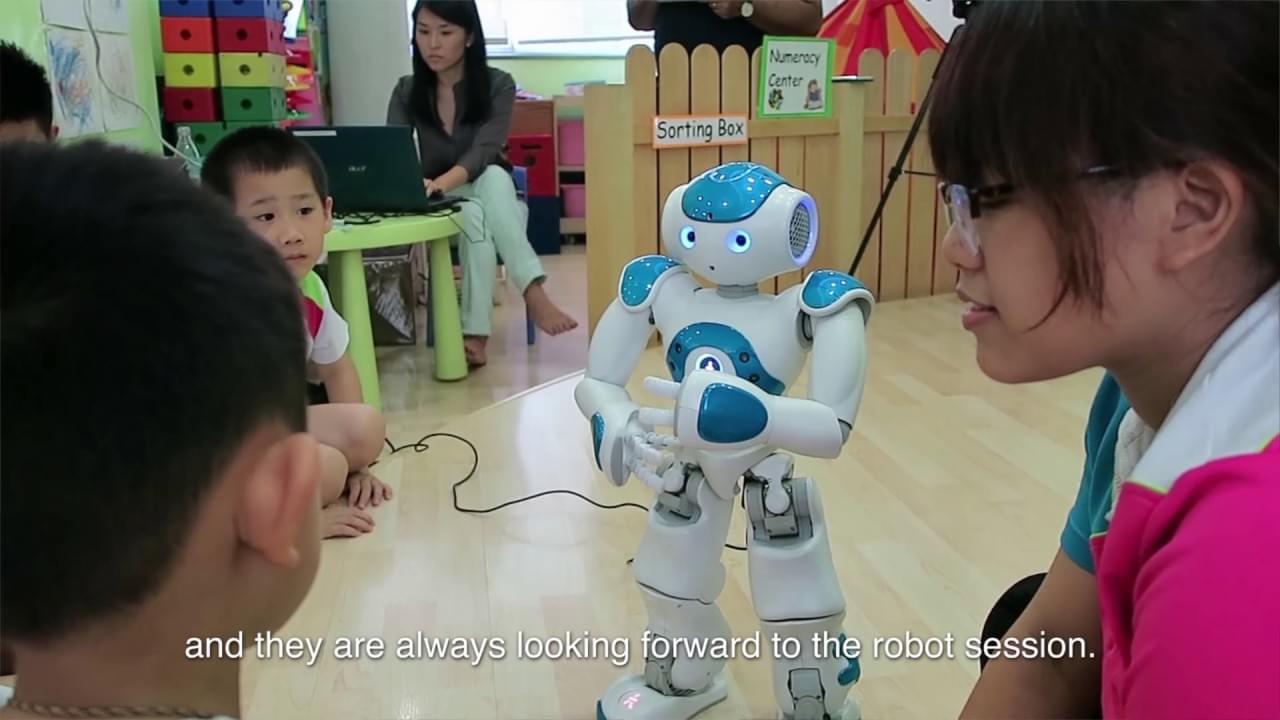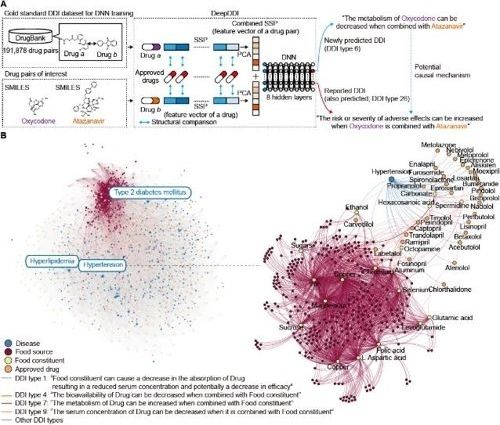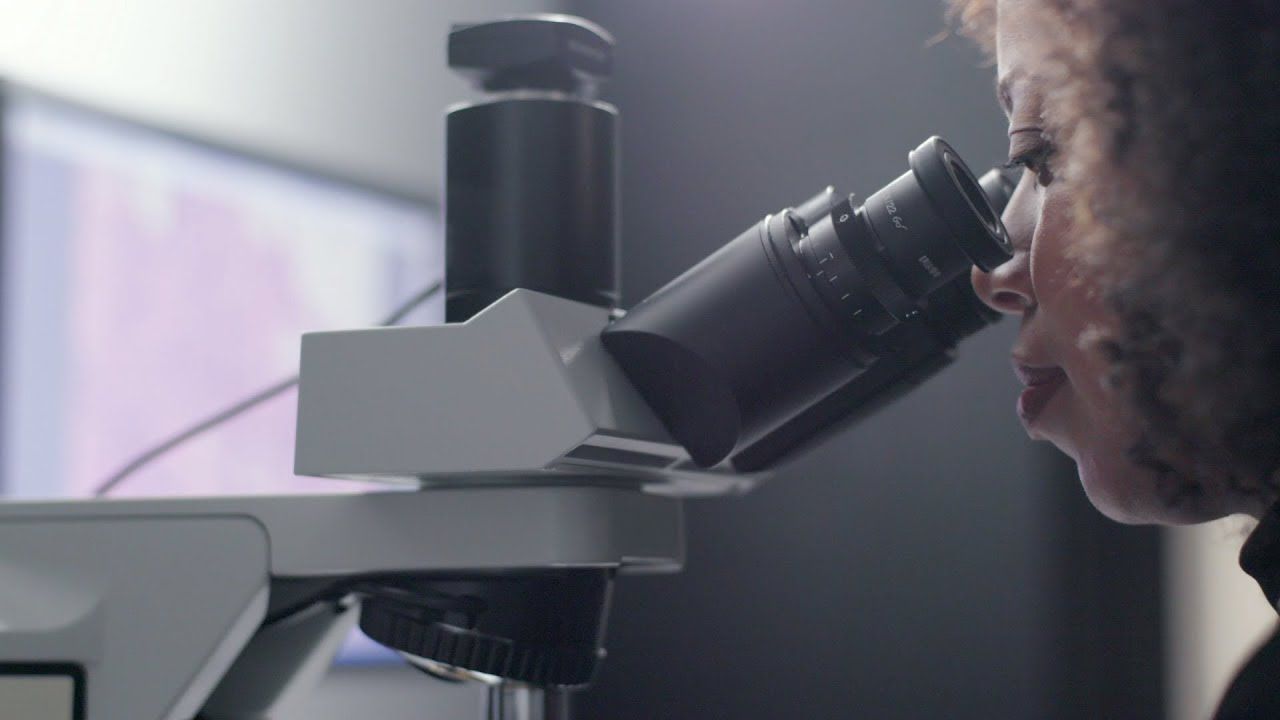Apr 19, 2018
MIT Unleashes a Hypnotic Robot Fish to Help Save the Oceans
Posted by Shailesh Prasad in categories: robotics/AI, transportation
Like a miniaturized Moby Dick, the pure-white fish wiggles slowly over the reef, ducking under corals and ascending, then descending again, up and down and all around. Its insides, though, are not flesh, but electronics. And its flexible tail flicking back and forth is not made of muscle and scales, but elastomer.
The Soft Robotic Fish, aka SoFi, is a hypnotic machine, the likes of which the sea has never seen before. In a paper published today in Science Robotics, MIT researchers detail the evolution of the world’s strangest fish, and describe how it could be a potentially powerful tool for scientists to study ocean life.
Scientists designed SoFi to solve several problems that bedevil oceanic robotics. Problem one: communication. Underwater vehicles are typically tethered to a boat because radio waves don’t do well in water. What SoFi’s inventors have opted for instead is sound.
